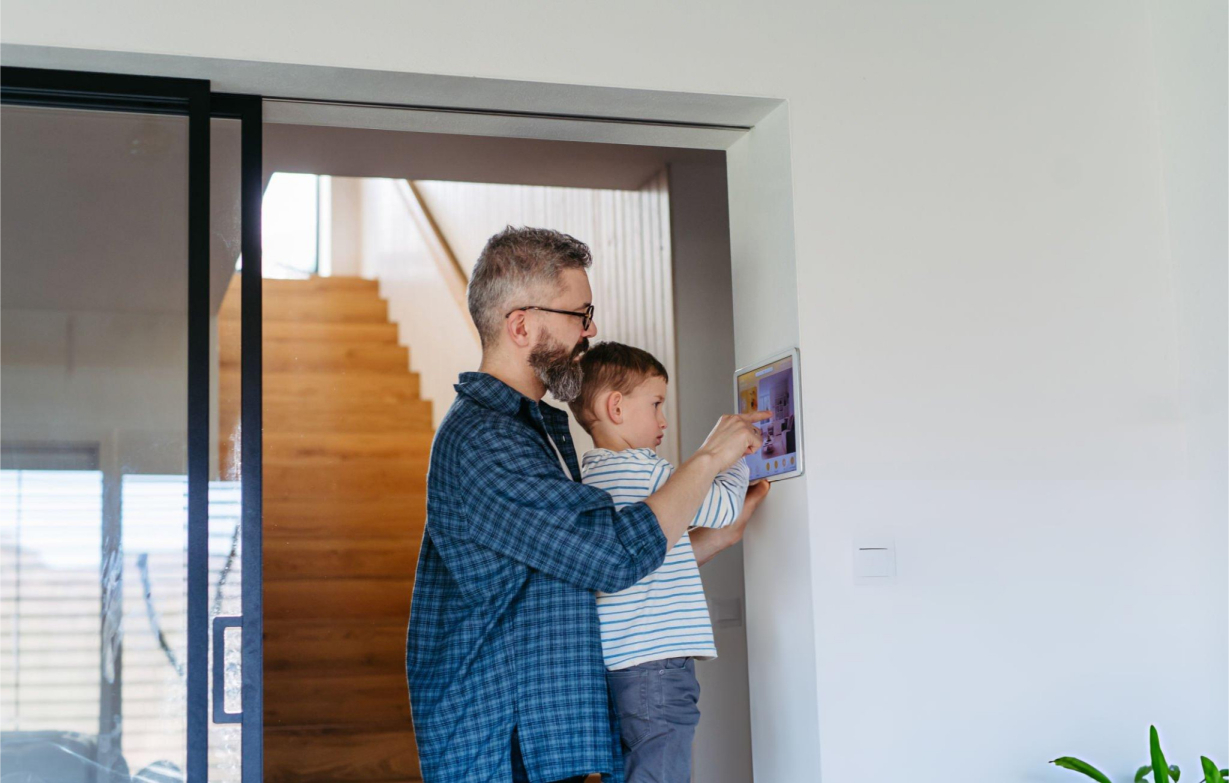Smart homes are designed to improve daily life, providing automation, security, and energy efficiency. However, some people have raised concerns about their impact on health. The truth is, smart home technology is not only safe but also enhances well-being by improving air quality, reducing stress, and promoting better sleep. Let’s explore the facts and debunk common myths about smart home safety.
Smart Homes and Health: Understanding the Facts
Smart home technology includes automated lighting, thermostats, security systems, and voice assistants. These devices work together to make homes more comfortable and efficient. Scientific research confirms that smart homes pose no significant health risks when used correctly. In fact, they often contribute to a healthier lifestyle.
How Smart Homes Can Improve Health
Better Air Quality and Temperature Control
Smart thermostats and air purifiers create a healthier indoor environment. Automated climate control ensures ideal temperatures year-round, reducing the risk of respiratory issues. Air quality monitors detect pollutants, allergens, and humidity levels, helping homeowners maintain cleaner indoor air.
Reduced Stress and Improved Safety
Smart security systems provide peace of mind by offering real-time surveillance, automated locks, and instant alerts. Knowing that your home is protected reduces stress and enhances overall well-being. Automation also eliminates daily worries, such as forgetting to turn off lights or lock the doors.
Better Sleep with Smart Lighting
Exposure to blue light before bedtime can interfere with sleep quality. Smart lighting systems help regulate circadian rhythms by adjusting brightness and color temperature throughout the day. Many smart bulbs offer warm-toned night settings to promote relaxation and improve sleep.
Healthier Living Through Automation
Home automation reduces exposure to allergens by controlling humidity and air filtration. Smart vacuums and air purifiers keep indoor spaces cleaner, minimizing dust and allergens. Additionally, automated reminders for hydration, movement, and air quality improvements support a healthier lifestyle.
Addressing Common Smart Home Concerns
Do Smart Homes Emit Harmful Radiation?
Smart devices use low-energy wireless signals such as Wi-Fi, Zigbee, and Bluetooth. According to the World Health Organization (WHO), these signals pose no health risks at standard household levels. Unlike high-energy radiation such as X-rays, smart home signals are non-ionizing and safe.
Are Smart Home Devices Listening All the Time?
Voice assistants like Alexa and Google Assistant activate only when prompted. Users can adjust privacy settings to limit data collection. Many smart home devices also offer local processing, ensuring that information stays within the home network.
Can Smart Homes Lead to a Sedentary Lifestyle?
While automation reduces manual tasks, smart homes can encourage an active lifestyle. Smart fitness devices, reminders to stand or exercise, and voice-controlled workout assistants help users stay active. Smart homes are designed to enhance comfort, not replace movement.
Are Smart Homes Safe? The Verdict
Smart homes are not only safe but also beneficial for health and well-being. They improve air quality, promote better sleep, and enhance security. Concerns about EMF exposure, privacy, and automation dependence are largely unfounded when smart devices are used correctly. By making informed choices, homeowners can enjoy all the advantages of smart home technology without worry.
Upgrade to a Smarter, Healthier Home
Smart home technology is designed to enhance quality of life, providing convenience, security, and energy efficiency. Experience the benefits of a smart home without compromise. TechNest installs safe, health-conscious smart home solutions designed for comfort and well-being.

